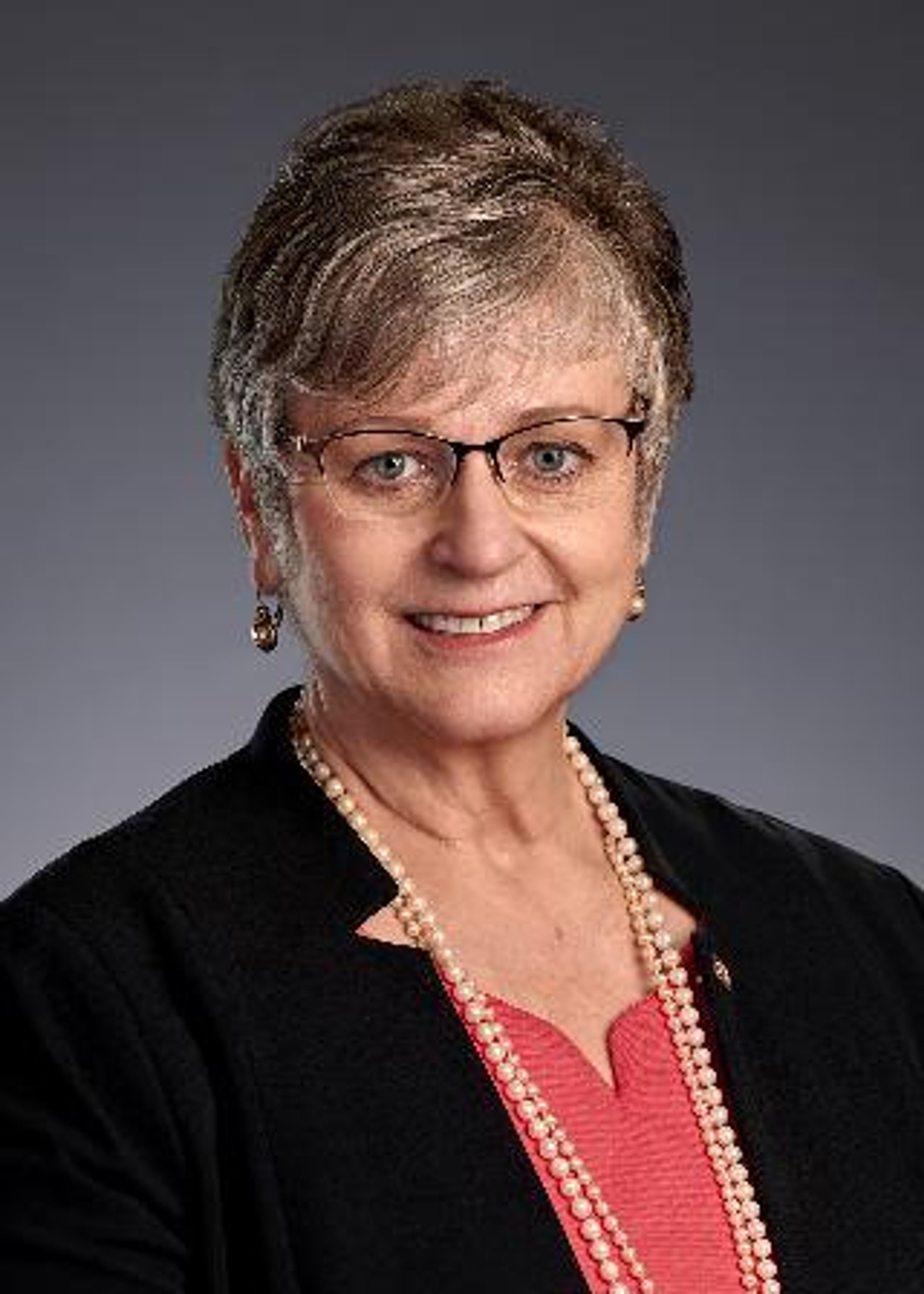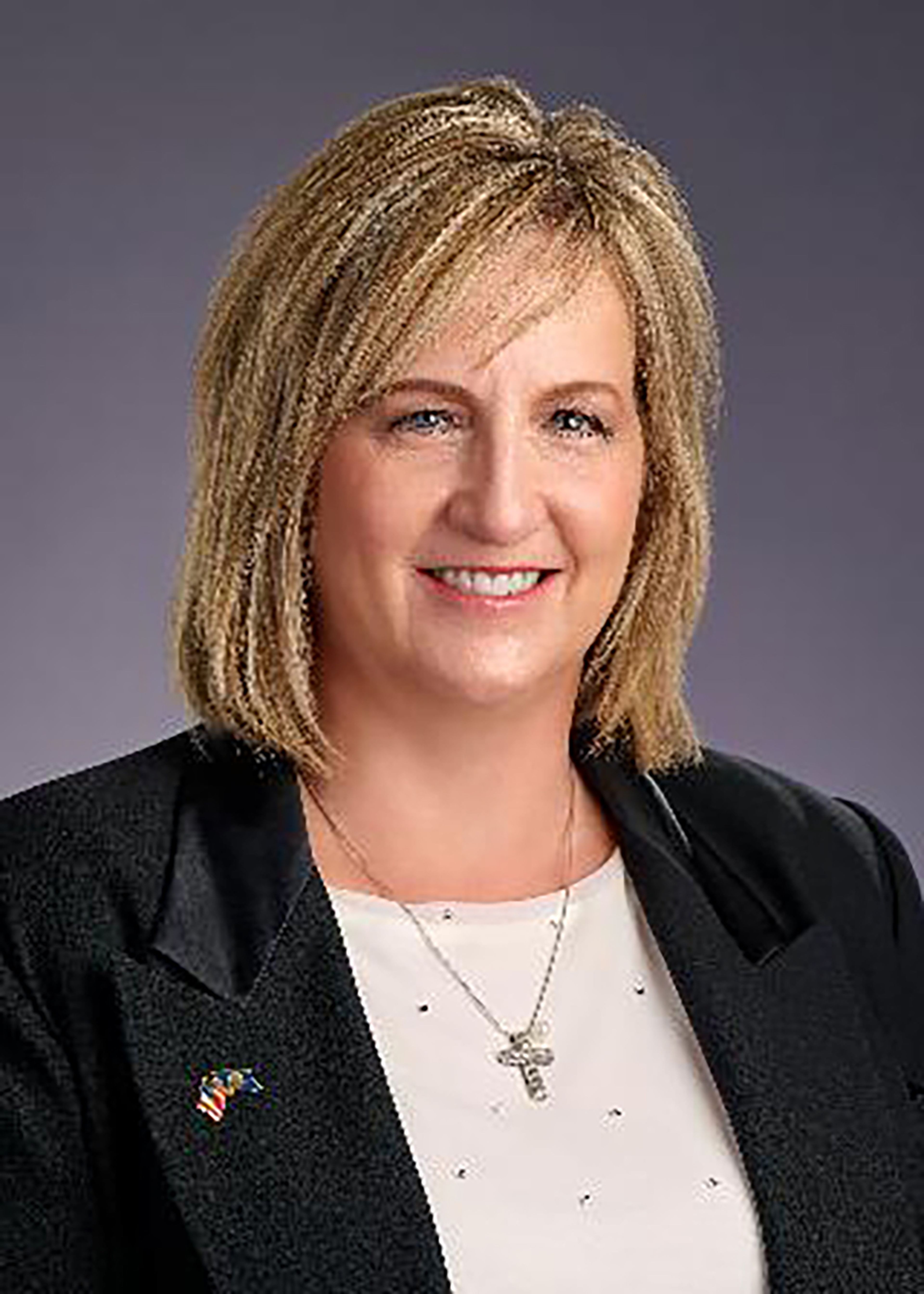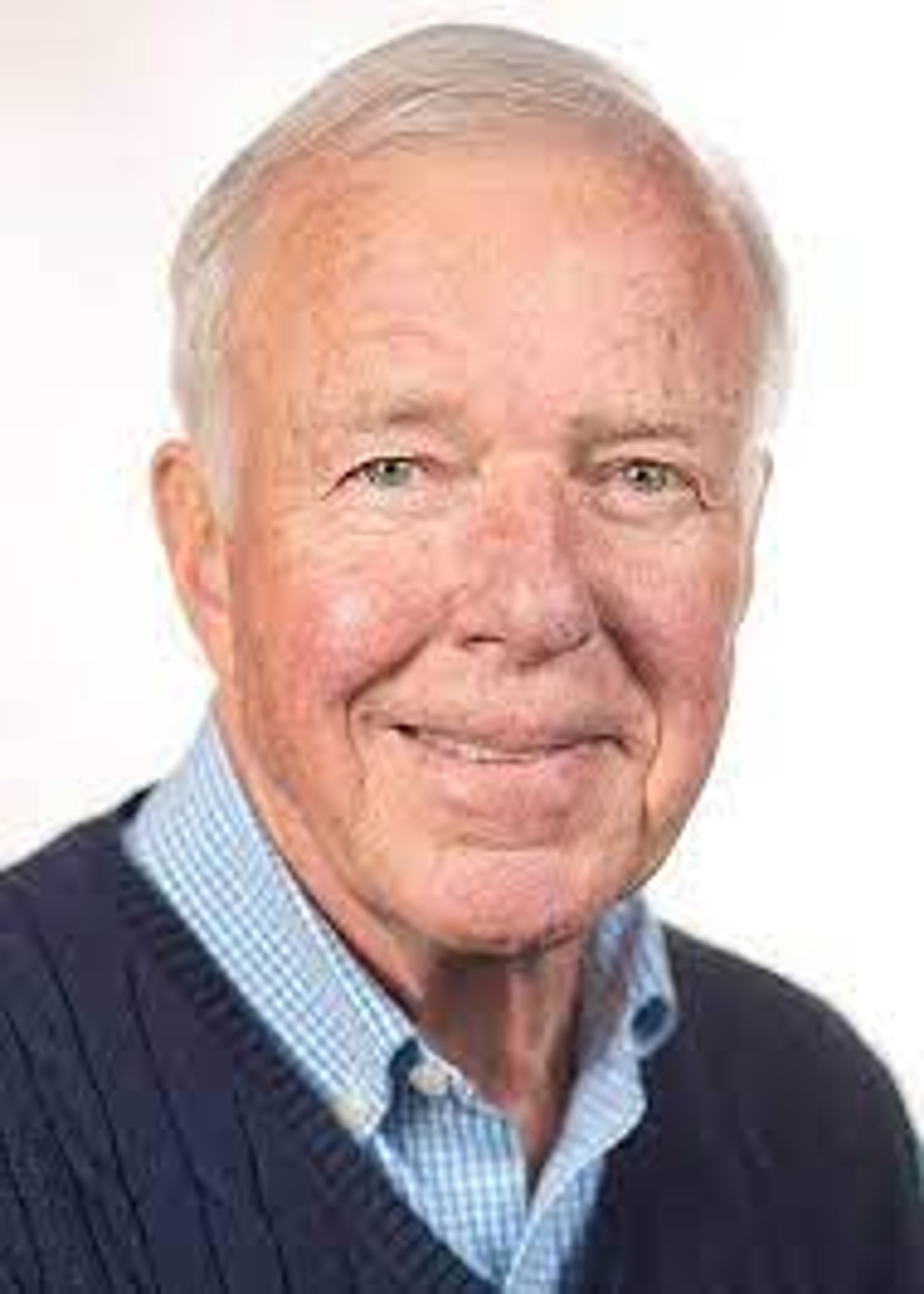Idaho legislators preview 2025 session
School choice and property tax relief likely to be hot topics
Rep. Lori McCann, of Lewiston, and Sen. Cindy Carlson, of Riggins, said Idaho’s 2025 legislative session is likely to see efforts to lower property taxes and expand school choice.
Both could expose rifts within the Republican party.
The legislators spoke Thursday at a Lewis Clark Valley Chamber of Commerce luncheon in Lewiston. Both are Republicans but they sit at opposite ends of the right side of the political spectrum.
McCann is a centrist who has sometimes raised the ire of colleagues and constituents who lean further to the right. On Thursday, she acknowledged her opposition in the last session to legislation that would have allowed parents to send their kids to private schools using public education funding, known as vouchers, cost her a seat on the Education Committee. McCann was on the committee last session but was assigned to the Health and Welfare Committee for the session that starts in January.
But she isn’t backing away from her opposition to the idea and cited examples in other states where voucher programs that were once modest have grown large.
“My concern is the taxpayers and the amount of emails that I got were no question five or more to one against it.”
Carlson resides further to the right and backed the voucher bill that didn’t make it out of the 2024 session.
“I believe strongly in school choice. So not everybody agrees with me on that, but I believe that competition is key to any business or entity. And for education purposes, we need to produce a terrific product and if school choice allows us to produce better products, I will be for that.”
McCann has advocated for property tax relief by raising the homeowners exemption and indexing it to inflation so that it doesn’t erode in value over time. That strategy has been rejected by House Speaker Mike Moyle, R-Star. So McCann will pursue a new approach that ties the homeowners exemption to a percentage of each county’s trend in home values.
“In Nez Perce County, your median value of a home might be $340,000. In Idaho County your median value might be $240,000, or whatever it is,” she said. “In Ada County you might be at $500,000. So if our median values are different, then this would allow us to take our median value and multiply it by 40% and that would give us our level of homeowners exemption.”
While the median home value will differ from county to county, the multiplier rate would be uniform and satisfy the state’s uniformity in taxation laws, she said.
“Now I just have to convince our speaker that this would be a good idea.”
When it comes to property tax relief, Carlson acknowledged lawmakers can help by addressing the homeowners exemption but she puts the onus on local governments.
“The bottom line is property taxes are decided in the counties. So we can help at the state level by moving the exemption and the options there, but the counties are the ones deciding on their budgets, and that’s how you get your property tax, not necessarily from the Legislature.”
McCann also plans to push for expansion of the state’s local option lodging tax. Right now, only resort towns with fewer than 10,000 people may implement hotel and motel taxes. She wants to raise the population limit to 50,000 and also allow cities with four-year public colleges and universities and higher populations to use the tool.
She noted Moscow and Lewiston experience an influx of visitors for conferences, school events, and football and baseball games. She said charging a small tax to visitors would help defray the costs of essential services without burdening residents.
“Some things that could go back into our cities to help with our police and fire and all of those different services that are also pretty heavily used during those times.”
With her seat on the Health and Welfare Committee, McCann said she will advocate for expansion of child care funding to help working families.
“The governor has put funding into the Workforce Development Council that has been able to then in turn put out grants for additional child care seats across our state,” she said. “So I am going to be pushing that we continue that program, because we are in dire need of more seats.”
Carlson has a coveted seat on the powerful Joint Finances and Appropriations Committee.
“My husband would probably tell you that I probably know where we’ve got our first dollar. So I’m very hawkish on financial funding, watching the pennies, and so I did not like the fact that I did not understand a lot of the budgets. And this will immerse me in the state of Idaho and everything that goes on in the state of Idaho.”
She plans to be active on the education and public safety budgets. Without elaborating on exactly how she would do it, Carlson said she may tweak the library law that she and others ushered through last year. The controversial law created a $250 civil penalty for libraries if they don’t move books deemed harmful to children to adult-only sections.
“It seems to be getting ignored, for lack of better words, not necessarily by the schools, but by libraries. So we may be doing something on that,” she said.
Carlson said protecting children is one of her top priorities.
“If you ever wonder where I’m at, that’s where I’m at. I’m trying to protect the children, so I’m not trying to hurt librarians or teachers or superintendents.”
To address housing and worker shortages, Carlson said kids should be exposed to job opportunities at young ages.
“We need a program that pushes these kids at high school level or even junior high level to go do some type of apprentice program,” she said. “Kids are not being encouraged to work at a young age. … At 16 they can work, and we need to encourage them to have skills ahead of that.”
McCann urged cities and counties to cut regulations that make it difficult for developers to build housing units and said the state should provide incentives for people who build apartment buildings and is enthusiastic about the Idaho Launch program that helps high school graduates attend colleges, universities and trade schools.
Other legislators from north central Idaho did not attend the luncheon. The 2025 Idaho legislative session begins Jan. 6.
Barker may be contacted at ebarker@lmtribune.com.











